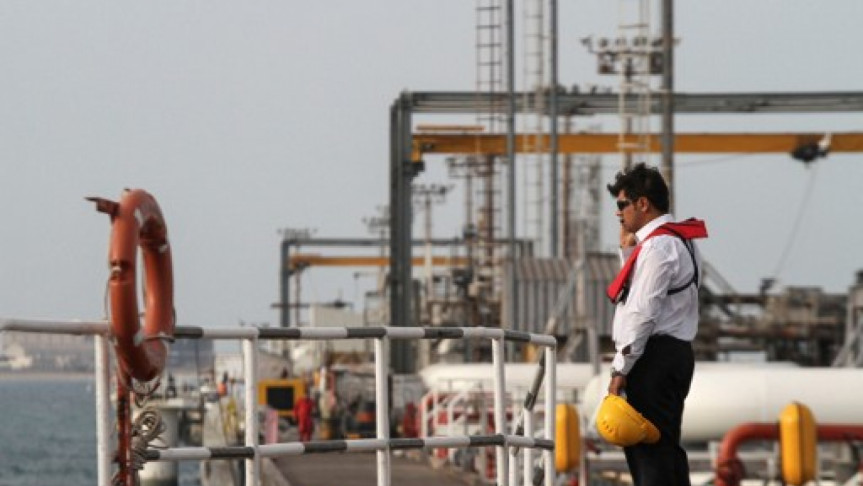Iran claims victory in OPEC oil deal

Tehran, Iran: Iran claimed victory after it was spared any of the cuts in oil production accepted by other OPEC members, including its bitter regional rival Saudi Arabia, to tackle a global glut.
‘Iran’s oil victory at OPEC’ and ‘Failure of Riyadh’s oil diplomacy’ were among the headlines in Iranian newspapers on Thursday morning, a day after the 14-member cartel agreed to reduce its output by 1.2 million barrels per day (bpd).
Iran, Libya and Nigeria were exempted from the cuts, with Tehran even managing to win the right to increase its production by 90,000 bpd over the next six months.
The other members of the Organization of Petroleum Exporting Countries agreed that Iran should be allowed to return to its 2005 production levels of 3.975 million bpd—before international sanctions crippled its industry.
Meanwhile, Saudi Arabia, OPEC’s most powerful member, agreed at the Vienna meeting to cut 500,000 bpd from its output.
Iran’s Oil Minister Bijan Zanganeh put a diplomatic spin on the fraught negotiation process.
‘The lesson to take is that it is possible to cooperate and reach an agreement despite competition and the existence of very strong political differences,’ he told state television.
Shiite Iran and Sunni-dominated Saudi Arabia are locked in a series of brutal proxy conflicts across the Middle East that have taken on increasingly sectarian overtones, and have had no diplomatic ties since January.
Collapsing revenues
The Saudis may have had little choice but to accept the deal, despite Iran’s refusal to cut production.
Riyadh’s finances have been ravaged by the collapse in oil prices, which fell from more than $100 a barrel in 2014 to near 13-year lows below $30 in February this year.
In August, it was forced to tap international bond markets, having seen $170 billion wiped off its reserves and facing a budget shortfall of around $87 billion (80 billion euros) this year.
The Saudis had kept oil production high despite the falling prices, partly in the hope that low margins would force fast-growing but less-competitive shale producers in the United States out of business.
That tactic was already putting a strain on Riyadh’s relationship with Washington, its most vital military ally, and looked increasingly untenable in the face of an incoming president, Donald Trump, who has vowed to prioritise shale energy production and questioned the relationship with the Saudis.
‘Nobody wants to cooperate with Iran but the economic situation of Saudi Arabia is getting worse,’ said an oil industry source in Riyadh, who spoke on condition of anonymity.
The cut is only small compared with the current high levels of production in Saudi Arabia, the source said, and is only likely to boost prices to around $50-60 -- and that depends on everything going to plan.
‘The most important point is whether oil countries, both OPEC and non-OPEC countries, will obey’ the Vienna agreement, he said.
‘No losers’
But market expert Kamel al-Harami, based in Kuwait, said there were no losers from the deal.
‘Everyone has gained $3-4 per barrel during the past 24 hours,’ he said, referring to the 10-percent jump in the oil markets since the Vienna deal to around $50 a barrel.
‘I think a leader should always compromise and Saudi Arabia is the leader of this organisation,’ he said.
He pointed out that Saudi Arabia, Kuwait and the United Arab Emirates had added around three million bpd to their production while Iran was under sanctions, ‘so whatever they cut now, it’s not going to be a big loss.’
Iran’s President Hassan Rouhani said much of the blame for the current challenges lay with Riyadh, accusing it of launching a plot two years ago to damage Iran’s finances by over-producing.
The Saudis’ financial difficulties over the past year, compared with Iran’s rapid return to the oil markets, showed the plot had failed, Rouhani said.
Zanganeh said Iran’s strong production capacity had given it powerful leverage in the OPEC discussions.
‘If you are strong, you can press your point of view. We resisted and proved that we are determined to return to the situation before the sanctions,’ he said.

 AFP
AFP




